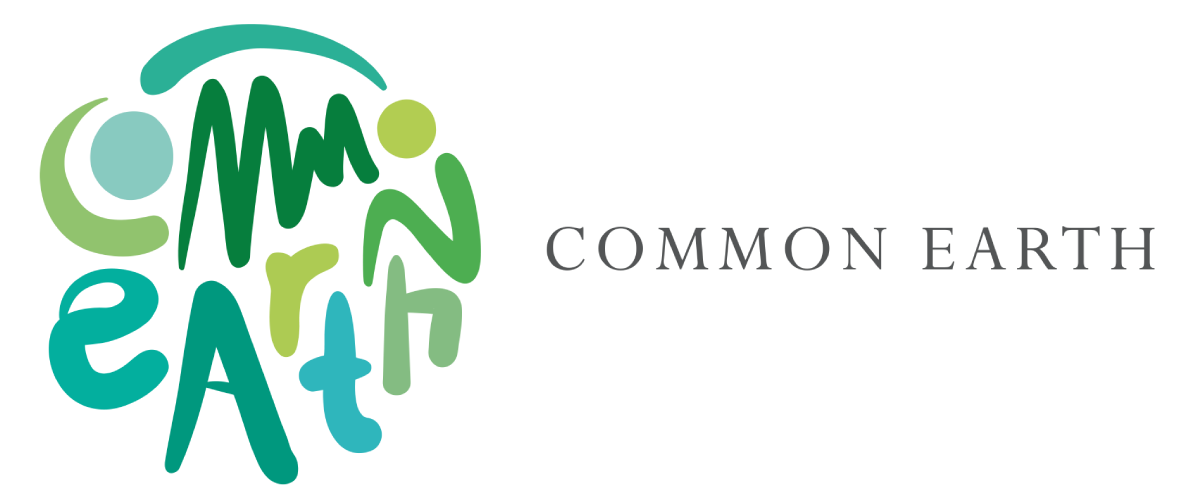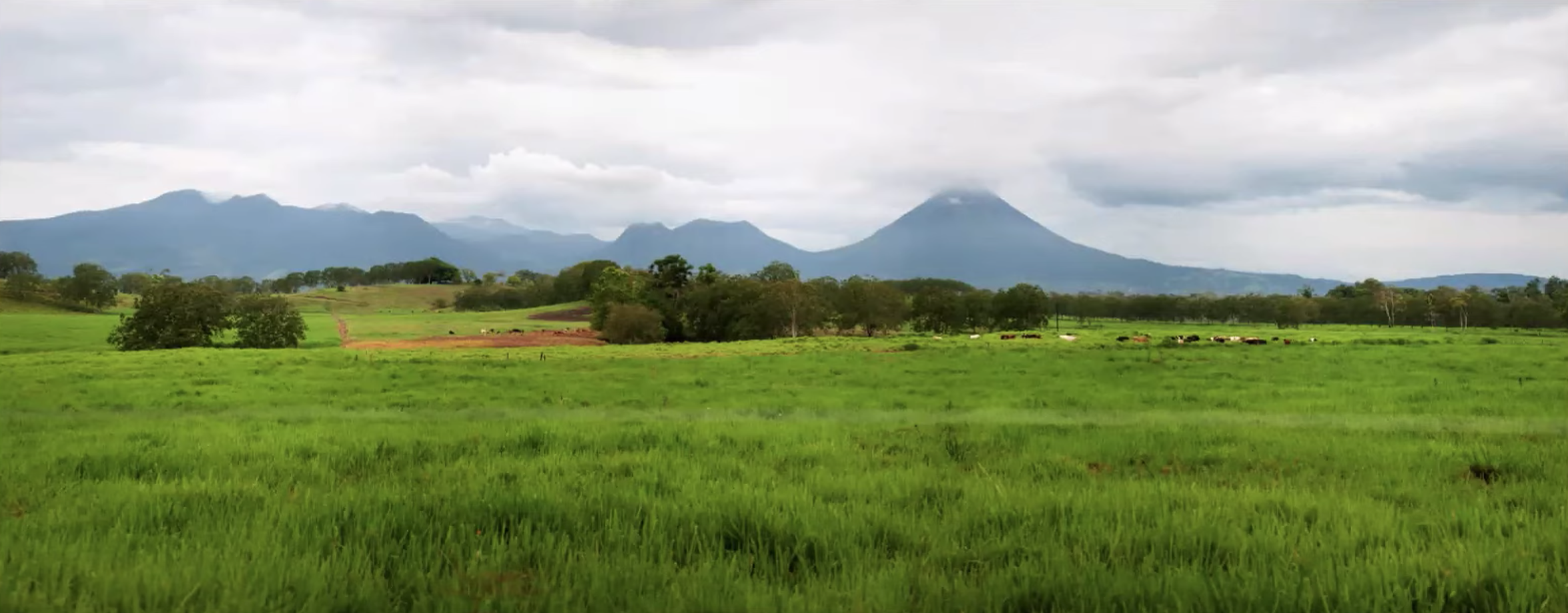Regenerating Costa Rica From the Roots Up
Location: COSTA RICA
As regenerative agriculture grows in popularity in Costa Rica, the Regenerate Costa Rica Initiative is creating a national network to share skills, knowledge and solutions.
The big picture of climate crisis and ecosystem collapse may seem bleak, but through regeneration the people of Costa Rica are working to create the world they want to see, uplifting their local environments and the communities that live in them.
PARTNERS
The Regenerate Costa Rica Initiative is being led by Dr Eduard Müller of the University for International Co-operation, in collaboration with partners including:
Capital Institute
Savory Institute
Natural Capitalism Solutions
Economy for the Common Good
Gaia Education
AIMS
At the time of the Regenerate Costa Rica Initiative’s creation, there were already many regenerative projects underway in different parts of the Central American nation. One of the Initiative’s primary objectives is to identify and map all these independent efforts, to create a more complete picture of Costa Rica’s regenerative development.
Building on this picture, the Initiative will work with existing projects to bring together and further develop the capacities for regeneration across the country, helping communities access the ecological, economic and cultural benefits of regenerative development. To achieve this, it will focus in particular on developing educational infrastructure, enabling the sharing of key knowledge and skills through a network of learning sites.
CONTEXT
The need for new ways of using natural resources is urgent. The current demand being placed on ecosystem services would require almost a whole second earth to satisfy, but as the now well-known slogan reminds us, there is no planet B. We need alternative solutions for living within the planet’s natural systems, solutions that are more conscious of our place in those systems and more cooperative with their other participants.
Regenerative development recognizes that effective solutions for the challenges of climate change and resource overuse must be local ones. Radical system change cannot be airlifted in, ready-made, to anywhere on the globe. It must start from within existing practice, catalyzed by the communities that already inhabit a place, appropriate to the cultures and ecologies of that locality.
In Costa Rica, developments of this kind have been taking place for some time, primarily in the world of agriculture. As the Regenerate Costa Rica Initiative has begun its work, it has documented and built relationships with permaculture training centers, regenerative farming families, farmers’ associations, farmers’ markets and other existing local institutions. The producer organizations and cooperatives that the Initiative now works with represent over 90% of Costa Rica’s beef and dairy producers.
METHOD
Regenerative development is holistic by nature. It does not dissect the different kinds of activities taking place in a region, but rather uses the place as a lens to view all the aspects of life in that area and the nested interactions and relationships between them.
As well as regenerative agriculture projects, the Regenerate Costa Rica Initiative is involved in conservation efforts, local economic reforms, applications of communication technologies, youth work, and cultural and spiritual regeneration. Communities in different parts of the country are getting involved in watershed management, in the creation and maintenance of biological corridors and other protected areas, and in the regeneration of forests. Work is ongoing to develop a local currency for the Water and Peace Biosphere Reserve, one of the Initiative’s seven priority territories, which will enable local producers and consumers to develop business ideas that may not be supported by the existing economic system. A youth-based working group has been set up to develop a peace and wellbeing strategy for Costa Rica, bringing a breath of fresh air into a policy-making system that no longer serves the people.
Alongside and underpinning all of this work is a network of learning sites, which the Initiative is currently focused on consolidating. In collaboration with the Regenerative Communities Network, the Initiative is running programs that bring together local and international students, regeneration experts, and local workers such as farmers to co-create solutions.

